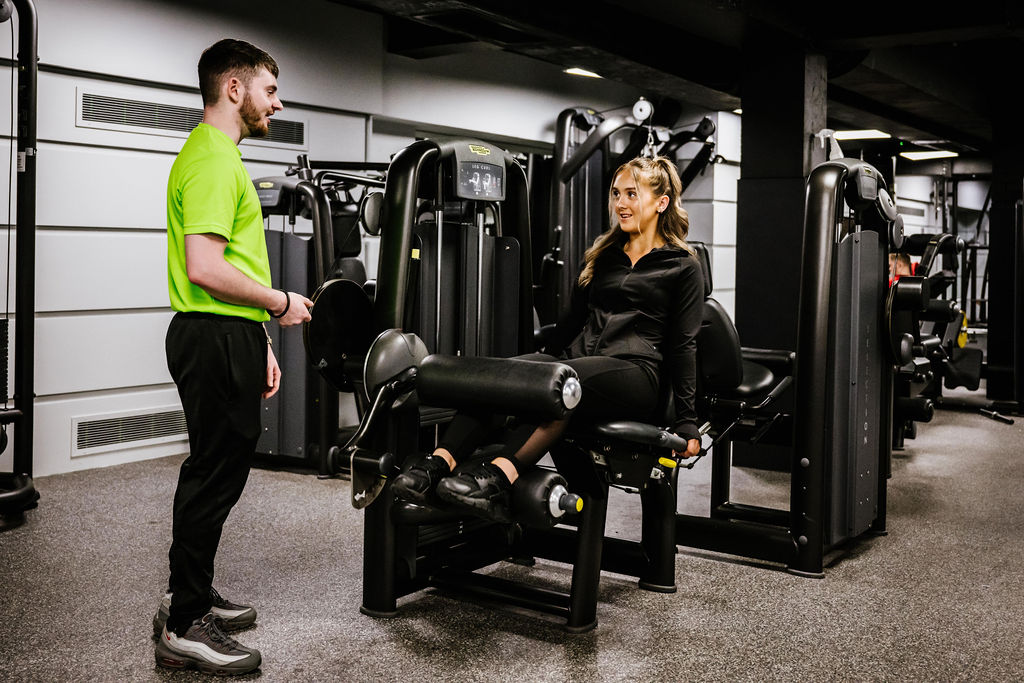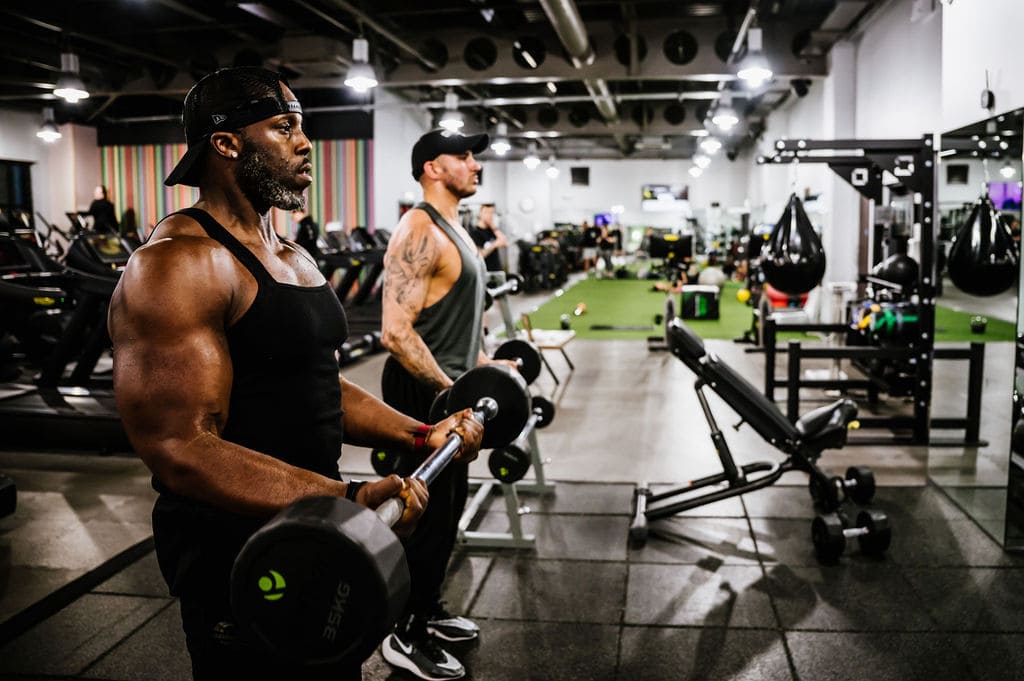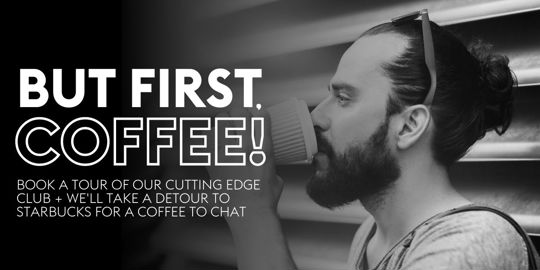When you hire a Personal Trainer you’ll benefit from a tailored training plan, one-to-one support and heaps of motivation to help you achieve your fitness goals. To make this possible your Personal Trainer will ask you lots of questions to determine what you want to get out of your personal training sessions, what style of training will work best for you and how this will fit into your lifestyle.
To make sure you’re getting the most out of your personal training sessions, the quizzing shouldn’t only be one way. Your Personal Trainer is a fountain of fitness knowledge, so use your time with them to pick their brains and find out the answer to those burning questions, so you’re armed with the information you need to smash your goals!
17 crucial questions to ask a personal trainer...
Questions about your PT
Your first consultation is the perfect time to find out more about your Personal Trainer and decide whether they’re the right fit for you. Ask them...
What qualifications do you have?
A great personal trainer will be only too happy to showcase their professional qualifications and badges of honour. Be wary of the trainer who keeps theirs in the dark!
What experience do you have?
Not all personal trainers do the same job. You’ll want to know that your PT has proven experience in smashing the goals YOU have in mind.
Do you have any examples of client success stories?
Taking a look at the progress others have made is a great way to motivate yourself at the beginning of your fitness journey. Although it’s important to remember that everyone is different and no two journeys are the same.
What is your style of personal training?
There are many different approaches to Personal Training, so make sure you’re setting off on the right path with an approach that’s right for you.
Find out more about choosing the right Personal Trainer here...
Questions about your personal training plan
Before committing to sessions it’s important to find out what your personal training plan is likely to look like so you know what you’re signing up for. If you’re not going to enjoy it or be able to fit it in around your lifestyle then the chances are it won’t work for you. Setting this out from the offset will give you more chance of success!
What happens in the first personal training session?
To get the most out of your first session it’s important to turn up prepared. You can find out more about what to expect and how to prepare for your first session here.
How many days per week do I need to work out?
Depending on how many sessions per week you’re planning to have, your PT will devise an additional training plan to keep you on track when you’re hitting the gym alone. The number of days will depend on your lifestyle, goals and the length of each session.
How do you incorporate fun into sessions?
If you have a competitive streak or enjoy a particular style of training be sure to let your PT know. The more you enjoy your sessions the more likely you are to succeed.
What classes would you recommend in addition to Personal Training sessions?
If you don’t feel confident on the gym floor without the guidance of your PT, classes are a great way to keep active in between sessions. They’ll be able to let you know which of our classes are most suited to the training plan they’ve devised.
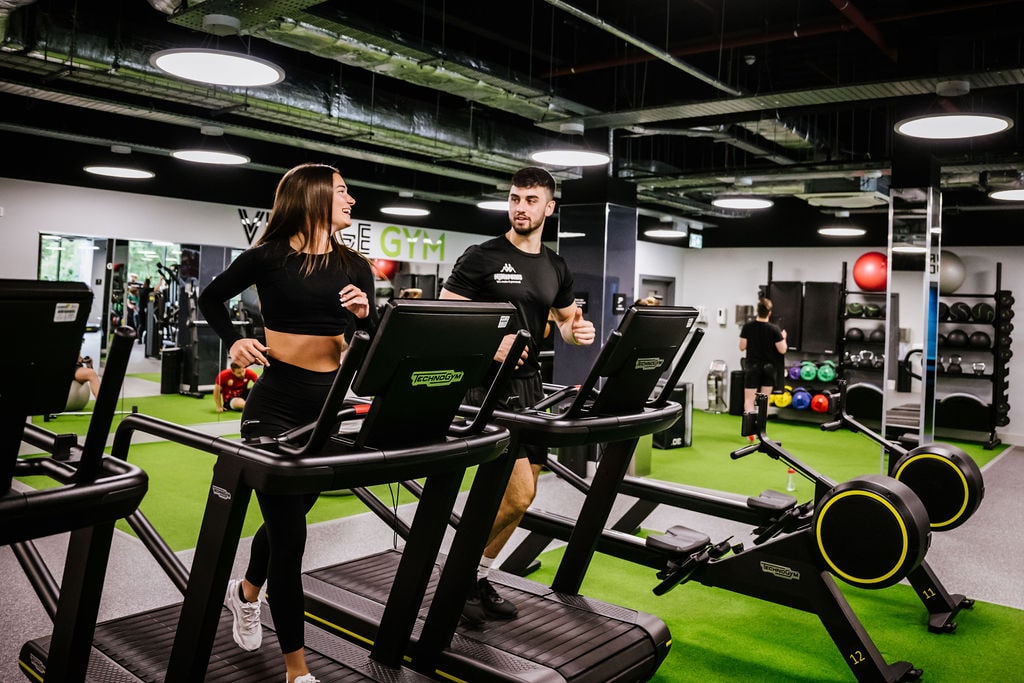
Questions about tracking your fitness progress
One of the main benefits of hiring a Personal Trainer is their ability to properly measure your progress to ensure you’re heading in the right direction. But this doesn’t just mean tracking the number on the scales. Find out how else they’ll be keeping you on track...
How will you track my progress?
A good personal trainer has all the tools in their fit kit to accurately track your success. A PT that doesn’t make notes or record your fitness levels won’t be able to effectively show you how far you’ve come. Ask your Village PT about our MyZone tracking belts for a motivational boost!
How will I know I’m making progress?
Progress isn’t just about the number on the scales. Your PT will be able to sign post the many ways in which your health and fitness is improving, to keep you motivated to keep on going.
What happens if I’m not seeing the progress I’d expected?
If progress is slow to show, you need to be honest with yourself and with your PT. Are you giving it your all? Are you sticking to a healthy eating plan? If the answer to both of these questions is yes, then it might be time to reevaluate your expectations or mix up your training plan.
Questions about nutrition
Sweating it out in the gym without considering your diet is likely to hold you back from achieving your goals. Not all Personal Trainers hold qualifications in nutrition, so if you’re after support with your diet as well as your fitness, it’s a good idea to check whether they’ll be able to offer this in your first consultation.
Most Personal Trainer’s will be happy to give you general advice on eating right, so here’s some questions you might want to ask...
What should I eat before a workout?
Depending on the type of training and the time of your session, your PT will be able to recommend the best pre-gym snack or light meal to ensure you have enough fuel in your tank to smash your workout.
What should I eat after a workout?
Being mindful of what you eat after your workout, can help you recover more quickly, build muscle, and ensure you’re in tip top condition for the next time you hit the gym.
Here are some ideas on what to eat after a workout…
What supplements do you recommend?
Depending on your goals and workout programme, supplements can be used to enhance your training. They’re not always necessary or beneficial , so it’s worth checking with your PT before introducing them or if you take other medications, always check with your doctor.
What protein drinks/ snacks are good for after a workout?
Be careful about overdoing the packaged post-workout snacks, many of which have added sugars and sweeteners. Your PT will be able to point you in the right direction and let you know which ones to avoid.
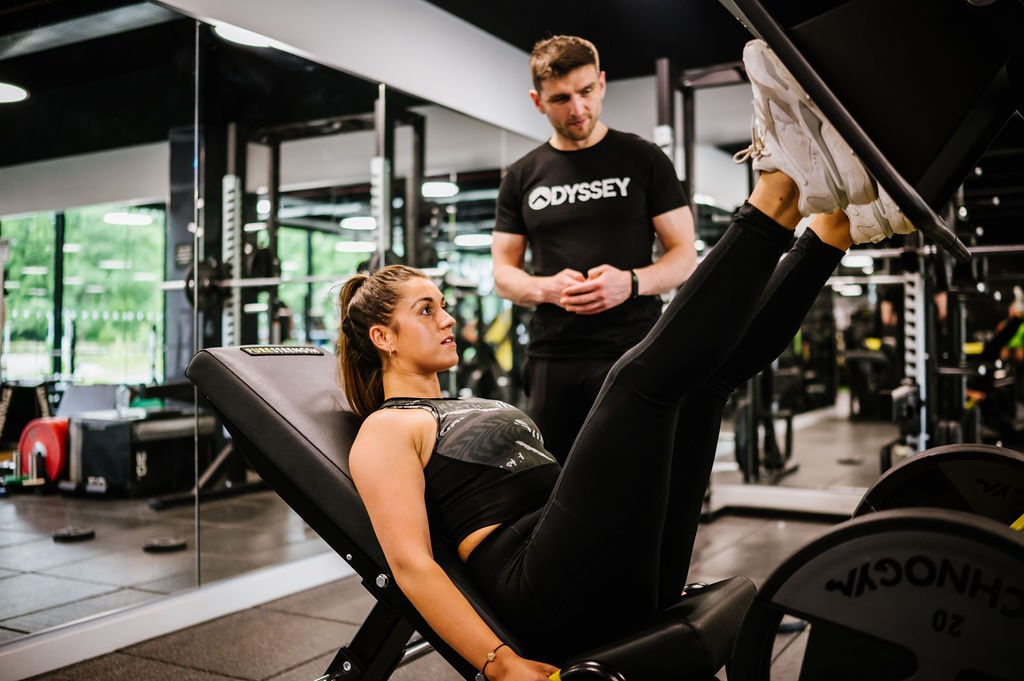
Questions about aches, pains and injury
If you suffer from a bad back or are recovering from a previous injury, your Personal Trainer can offer guidance on reducing pain and avoiding further injury from your training.
What exercises should I avoid?
With knowledge of your injury your PT won’t include any exercises that have the potential to do more damage in your training programme.
What exercises will help to reduce pain?
Alongside your sessions your PT may recommend additional stretch sessions to help with back pain. Pilates and yoga classes are great ways to improve flexibility and align your spine, taking pressure off the back and helping to relieve pain.
Find out more about how Pilates and yoga relieve back pain here.
Of course it’s important to remember that as knowledgeable as they are, your Personal Trainer isn’t a medical expert so some questions relating to diet and injury will be better directed to your GP.
Think of your sessions not just as a workout, but an opportunity to grill an expert and build upon your fitness knowledge! Why not begin by researching your fitness interests right here on our Village Life section - which is full of helpful articles about fitness and health.

